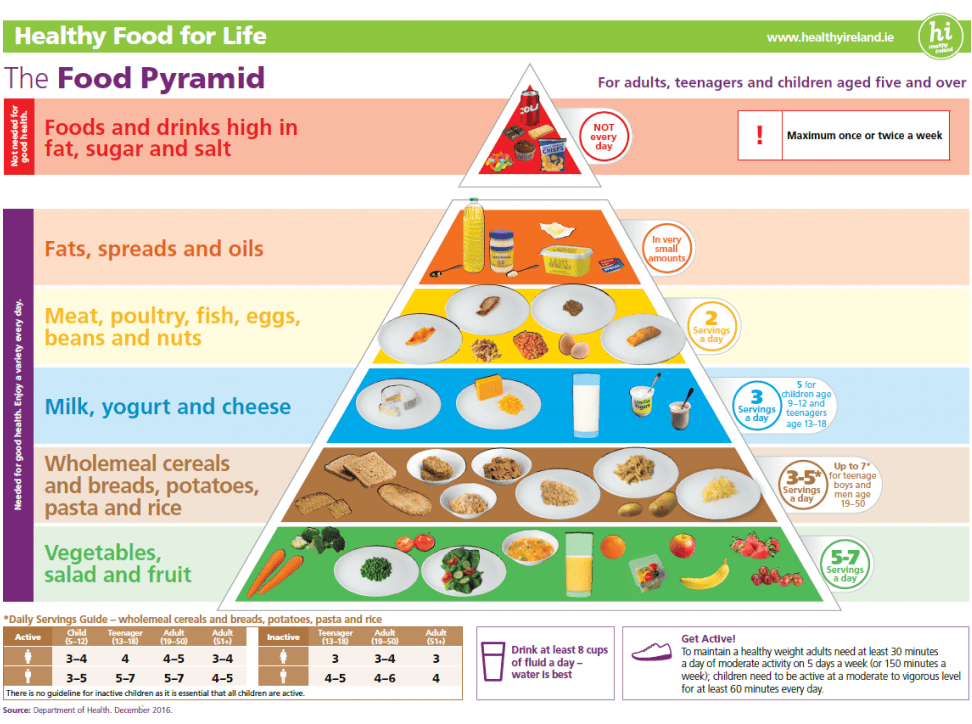
Power Salad Dressings 3 Ways
Kick off the new year with these delicious salad dressing recipes

Kick off the new year with these delicious salad dressing recipes

Lorem ipsum dolor sit amet, consectetur adipiscing elit. Cras porta lorem cras justo, sed justo, ut eu. Arcu.
Check out OUR Latest FAVOURITE Recipe
The Department of Health’s Food Pyramid recommends 3 servings from the ‘milk, yogurt and cheese’ food group each day as part of a healthy, balanced diet.
We are all unique with our own specific dietary needs and preferences but there are key components that form the foundations of all healthy diets. These are outlined in the Department of Health’s dietary guidelines, which are depicted in the Healthy Ireland Food Pyramid. The Food Pyramid is regularly reviewed in line with the latest nutrition research. It is based on international best practice and tailored to meet the specific needs of Ireland’s population.
It categorises foods into six different groups and provides guidelines on the number of servings to be eaten from each food group on a daily basis. It is advised to choose a variety of foods from each of the bottom four shelves every day to get a good range of vitamins and minerals.

Source: Department of Health 2016
The Food Pyramid applies to individuals from the age of five years; younger children start with smaller and fewer servings which should increase up to these guidelines in accordance with the child’s own growth and appetite.
To note:
To note:
To note:
To note:
To note:
To find out the role of dairy as part of a balanced diet across the life stages, along with topics such as: healthy eating guidelines, muscle and bone health, dental health, lunchbox tips and more, you can download our free ‘Nutrition & You’ booklets:
Dairy foods are not only delicious but are versatile foods that can be included across a wide range of meals and snacks. Discover our ‘dairy’licious recipes here